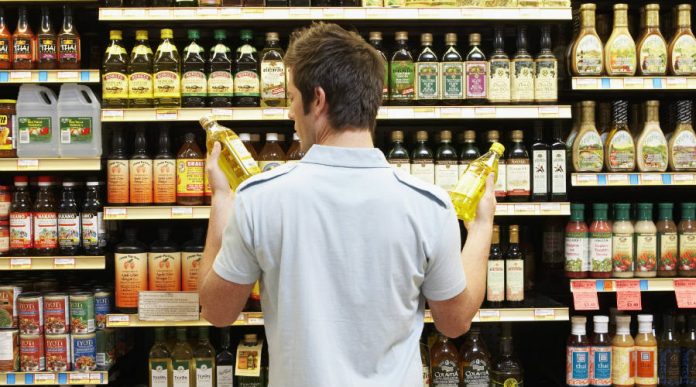
Last Friday, Amazon announced a deal to acquire Whole Foods for $13.7 billion, a move nobody saw coming, and that triggered mixed reactions from both markets. The tech and food industries might be coming closer together shortly.
Blue Apron, a smaller yet fast-growing grocery delivery service, is going public at the end of the month at an estimated valuation of $3 billion. Many startups and rising companies in the United States are fighting to break even on the segment and compete against big players.
Tech giants’ seemingly sudden interest in the food industry comes as no surprise since the market is massive yet relatively untapped in a truly impactful way. Traditional businesses like Wal-Mart and Target are struggling to keep up with newcomers and the virtualization of services.
Amazon wants to make grocery shopping great again
It is no secret that Amazon has been eyeing food and groceries for some time now, an intention that became all the more evident with the international launch of AmazonFresh last year.
The grocery delivery service extended a couple of months ago with a new physical store called AmazonFresh Pickup, in which customers can simply place their order online, reserve a time to pick up their food, and just walk in and out of the store with their groceries later.
With experiments like these, Amazon is trying to compensate as well as innovate in the areas where it lacks a strong presence, which in this case happens to be traditional brick-and-mortar stores.
The Whole Foods purchase by the e-commerce giant meant bad news for traditional food and grocery retailers like Wal-Mart, Target, Costco, and others. The impact was so significant that their stock plunged in after-hours trading following the deal announcement.
Food startups are beginning to exploit the market in different ways
With a newly-gained physical presence in the real world, Amazon looks ready to disrupt the food industry beyond what it has done already. This is even considering some of Whole Foods’ outrageous prices, which are expected to go nowhere anytime soon.
In the meantime, food-based startups are wasting no time looking at the competition. Everyone remains focused on making the best out of their business and offering something others cannot to audiences where others don’t reach.
For instance, one of the most popular services around, Instacart, sets itself apart from competitors by striking partnerships with local stores and established chains to offer deals and advertisement on its platform.
Blue Apron, on the other hand, is in the game of delivering catered orders of ingredients along with recipes to prepare specific dishes. There are also dedicated subscription services that send you batches of a certain food item or drink on a regular basis.
These new food delivery models transcend traditional grocery shopping and make use of technology to improve the overall experience. It remains to be seen if more tech giants take an interest in the industry following Jeff Bezos’ lead.
Source: CNN










